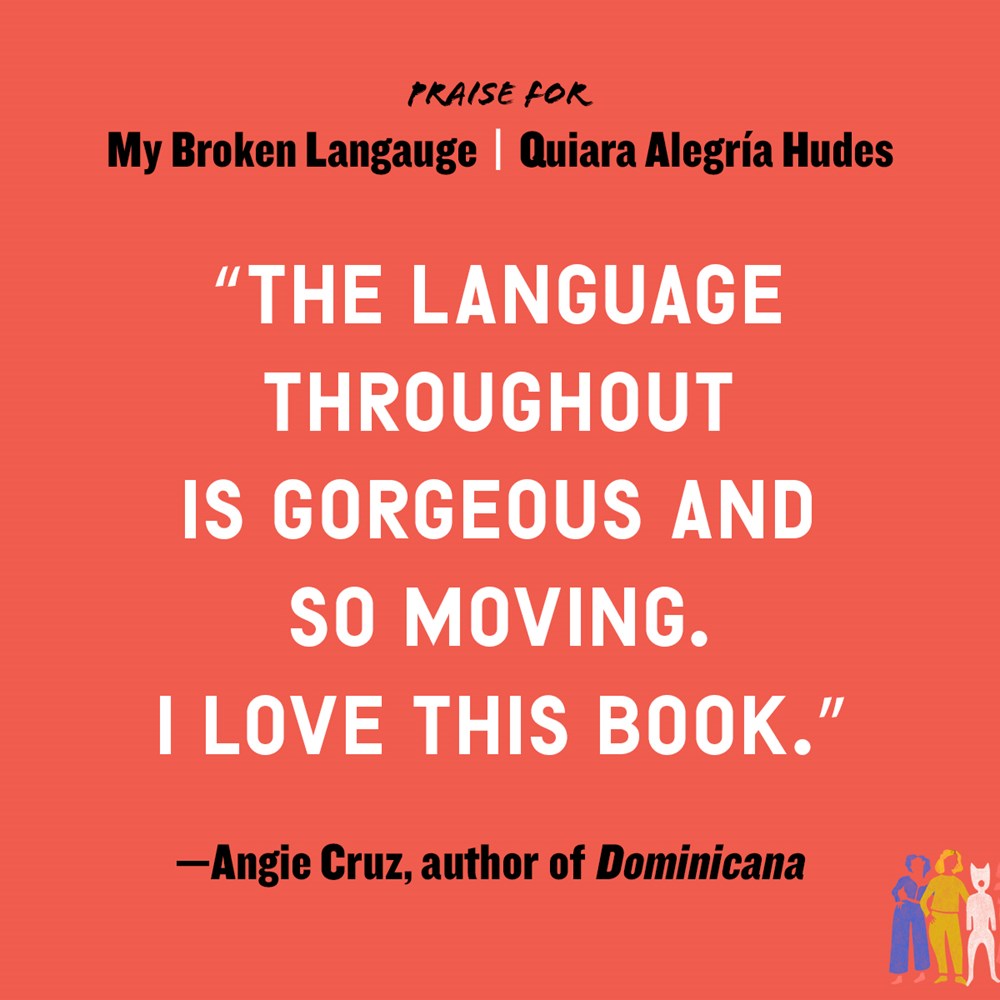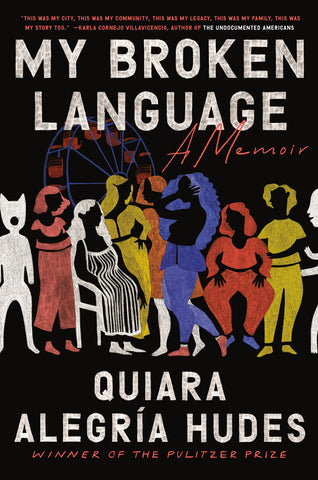A Pulitzer Prize-winning playwright tells her lyrical story of coming-of-age against the backdrop of a devastated barrio, with her sprawling, idiosyncratic, love-and-trouble filled Puerto Rican family as a collective muse.
Quiara Alegria Hudes was the sharp-eyed girl on the stairs while her family danced in her grandmother’s tight South Philly kitchen, “frizzy hair cut short, bangs teased into stiff clouds, sweat glistening in the summer fog, pamper-butt babies weaving between legs.”

Quiara was awed by her aunts and uncles and cousins, but haunted by the secrets of the family and the unspoken stories of the barrio—even as she tried to find her own voice in the sea of language around her, written and spoken, English and Spanish, bodies and books, Western art and sacred altars. Her family became her private pantheon, a gathering of powerful orishas with tragic wounds and she vowed to tell their stories—but first she’d have to get off the stairs and join the dance; she’d have to find her langauge.
This is an inspired exploration of home, family, memory, and belonging, narrated by the obsessed girl who fought to become an artist so she could capture the world she loved in all its wild and delicate beauty.

